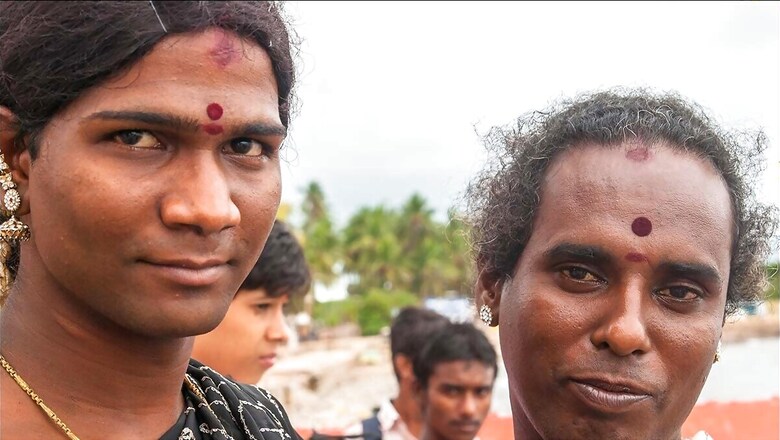
views
Many cities, in their efforts to enhance sustainable sanitation solutions, have enlisted the assistance of self-help groups (SHGs) led by women and transgender individuals for waste management services at the local level within urban areas, as part of the Swachh Bharat Mission.
The involvement of community-based organizations representing these vulnerable groups provides a cost-effective means to expand the reach of sanitation solutions. Additionally, this collaboration enables SHGs to create livelihood opportunities for their members, as stated by the Ministry of Housing and Urban Affairs.
States such as Odisha and Kerala have entrusted local SHGs, predominantly led by women or transgender members, with service responsibilities. For instance, in Odisha, a partnership between the Mission Shakti SHG and the Housing and Urban Development Department has led to over 2,000 SHGs participating in activities ranging from solid waste segregation, collection, transportation, treatment, reuse, and disposal, following standardized guidelines. These groups are now active participants in service delivery and serve as implementation partners for various urban development programs, spanning solid waste to liquid waste management. To ensure the seamless integration of Mission Shakti SHGs into key urban initiatives, Urban Local Body officials regularly receive orientation to engage and involve members in enhancing urban sanitation in their respective areas.
In Maharashtra, the Sinnar Municipal Council, with support from the Centre for Water and Sanitation at CEPT University, has chosen to engage local women’s SHGs in the operation and maintenance of its solar-powered greywater treatment facility. The Sinnar Municipality has also appointed a local women’s SHG to oversee the daily operations of this plant and the reuse of treated water for garden maintenance.
“These cities have exemplified how unconventional yet inclusive measures can address complex sanitation and social challenges. In urban India, it is essential to sustain sanitation services financially, environmentally, and technically. Therefore, city and national sanitation policies, strategies, and investments play a crucial role in addressing the entire sanitation service chain, from toilets to treatment, reuse, or disposal,” stated a senior official in the Ministry.
The Swachh Bharat Mission, also known as the Clean India Mission, was initiated in 2014 with the goal of eradicating open defecation and improving solid waste management. SBM 2.0, launched in October 2021, aspires to achieve the vision of ‘Garbage Free Cities’ within the next five years by addressing legacy dumpsite remediation, construction and demolition waste, and plastic waste management.















Comments
0 comment